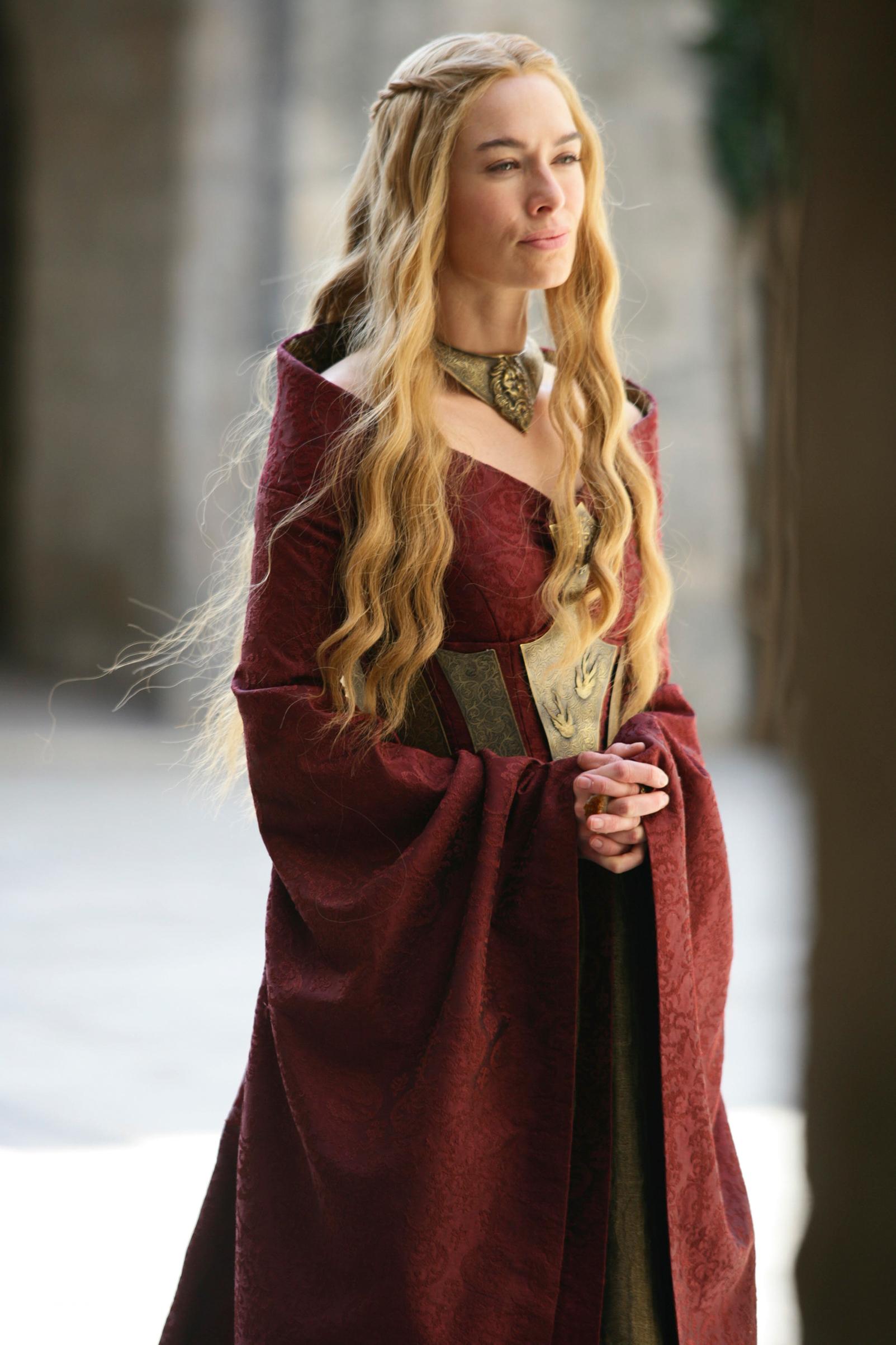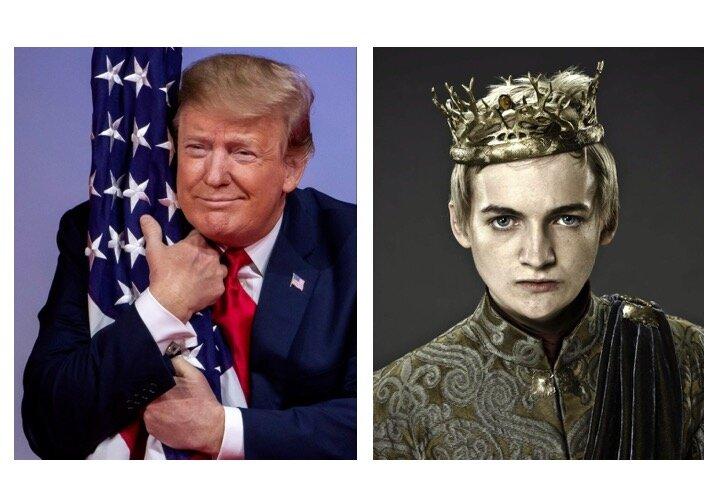In the realm of contemporary pop culture, few television series have wielded as much influence as HBO‘s “Game of Thrones.” Based on the novels by George R.R. Martin, the series captivated audiences worldwide with its intricate plotlines, morally ambiguous characters, and unflinching portrayal of power struggles. While its impact on entertainment is undeniable, a more nuanced examination reveals the show’s subtle yet profound influence on modern politics and power structures. This article delves into how “Game of Thrones” has not only reflected but also shaped political discourse, offering a mirror to real-world dynamics of authority, ambition, and governance. By dissecting the parallels between Westeros and today’s geopolitical landscape, we aim to understand how fiction can inform reality, challenging leaders and citizens alike to reconsider the narratives of power that define our world.
The reflection of feudal dynamics in contemporary governance
In examining the feudal dynamics of “Game of Thrones” and their reflection in contemporary governance, one can observe several striking parallels. The series, with its vivid portrayal of alliances, betrayals, and power struggles, mirrors the intricate webs of influence that characterize modern political landscapes. Much like the feudal lords of Westeros, today’s political leaders often operate within a system where loyalty is conditional and alliances are fluid. This creates an environment where power is not just a matter of position but of strategic maneuvering and the ability to command loyalty through various means.
- Hierarchy and Loyalty: Modern political systems, although democratic in nature, still exhibit a hierarchical structure where influence is often determined by proximity to power centers.
- Strategic Alliances: Just as noble houses form alliances to strengthen their position, political entities today forge partnerships that serve mutual interests, often at the expense of the public good.
- Resource Control: The control of resources, akin to the control of lands and armies in feudal times, remains a critical aspect of maintaining and exercising power in contemporary governance.
These elements highlight the persistence of feudal-like dynamics in today’s political arenas, suggesting that while the players and contexts may have evolved, the fundamental nature of power and governance remains deeply rooted in historical precedents.

The role of narrative power in shaping public opinion and policy
The cultural phenomenon of Game of Thrones has significantly influenced how narratives shape public perception and influence policy-making. Through its intricate storytelling and complex characters, the series has highlighted the importance of narrative power in the political arena. The show’s depiction of power struggles, alliances, and betrayals resonates with real-world politics, illustrating how storytelling can influence the public’s understanding of political dynamics. This impact can be seen in how individuals perceive political leaders and institutions, often comparing them to the characters and kingdoms within the series.
Several elements of narrative power evident in Game of Thrones are reflected in contemporary politics, including:
- Character Archetypes: Politicians are often viewed through the lens of familiar character roles, such as the noble leader, the cunning strategist, or the ruthless ruler.
- Myth-Making: The series’ ability to create compelling myths has parallels in how political narratives are crafted to build public trust or sow division.
- Storytelling Techniques: The use of cliffhangers and plot twists in the series mirrors the sensationalism in political discourse, capturing public attention and shaping opinion.
These elements underscore the power of narrative in influencing how society interprets political events and decisions, demonstrating that storytelling is not just a form of entertainment but a potent tool in shaping public opinion and policy.
Lessons from the Iron Throne: strategies for political resilience
The intricate power dynamics and survival tactics displayed in Game of Thrones offer a wealth of insights for understanding modern political resilience. At the heart of this is the notion that political resilience requires adaptability and foresight. Just as the characters in the series often shift allegiances and strategies to navigate the treacherous landscape of Westeros, political figures today must remain flexible to withstand the ever-changing political climate.
- Adapting to Change: Political leaders, like the Starks and Lannisters, must anticipate shifts in power and public opinion, adjusting their strategies accordingly.
- Building Alliances: Success often hinges on forging strong alliances, even with former adversaries, to create a united front against common threats.
- Understanding the Game: Recognizing the underlying motives of others, much like Tyrion Lannister’s astute observations, can provide a strategic edge in negotiations and decision-making.
Ultimately, the saga of the Iron Throne teaches that resilience in politics is not just about strength or cunning, but also about the ability to adapt and collaborate in an ever-evolving landscape. This is a lesson that transcends the fictional world of Westeros and finds relevance in today’s global political arena.

Balancing power and morality: ethical considerations in leadership
The intricate dance between power and morality is a theme that echoes throughout the corridors of both Westeros and our real-world political landscapes. In Game of Thrones, leaders are often confronted with the dilemma of choosing between what is right and what is necessary to maintain their power. This fictional narrative prompts a critical examination of contemporary leadership, where ethical considerations are frequently overshadowed by the pursuit of influence and authority.
- Utilitarian Decisions: Leaders often face situations where they must weigh the greater good against individual rights. The series illustrates this through characters who sacrifice the few for the many, prompting viewers to question the moral compass of such actions in real life.
- Corruption and Accountability: The quest for power in the series is fraught with corruption, a reflection of real-world scenarios where leaders may compromise ethical standards for personal gain. This raises the question of how accountability can be effectively enforced in power structures.
- Personal vs. Public Morality: Characters are often torn between personal loyalties and public duties, a predicament mirrored in political arenas where leaders must balance personal beliefs with the expectations of their constituents.
These elements of the series serve as a mirror to our own political systems, urging leaders and citizens alike to ponder the ethical implications of power dynamics. By exploring these themes, we gain insights into how power can be wielded responsibly without compromising moral integrity.
